“Rejoice always, pray without ceasing, give thanks in all circumstances; for this is the will of God in Christ Jesus for you.” - 1 Thessalonians 5:16-18
We’re entering 2025 leaning fully into our theme for the year: A Year with Jesus. We’re immersing ourselves in His teachings and their impact on our lives, relationships, and communities. We’re asking God to “Fling wide you heavenly gates!” (Psalm 24:7), inviting Him to transform our lives and our church.
Join us in kicking off our Year with Jesus with 21 Days of Prayer and Fasting, from January 12 - February 2, 2025.
Daily prayer prompts will be added here, on Instagram and Facebook, beginning Sunday, January 12th.














EVERY DAY INCLUDE THESE IN YOUR PRAYERS
Pray for a fresh filling of the Holy Spirit personally.
Pray for three people in your life you want to give their lives to Jesus.
Pray For clear vision of how God wants to use you (time, talent, treasure) in 2025
Pray for your MicroChurch and/or Huddle.
Pray for the pastors and elders of Renew Communities to lead with Spirit-filled wisdom.
Pray “fling wide you heavenly gates” asking “the King of Glory” to enter into every situation you’re praying for today.
Jesus taught His disciples to engage in practices that would help them draw near to the Father. Fasting is one of the oldest and most prevalent spiritual practices in the Bible Great leaders in the Bible fasted routinely, including Moses, David, Jeremiah, Isaiah, John the Baptist, Jesus, and the disciples. In Matthew 6:16, Jesus addresses fasting when He tells the disciples, “When you fast…” Notice Jesus says “when,” not “if”. Jesus assumes that we will fast.
Though fasting is assumed, it is not required. We don’t have to fast. We get to fast. LIke all intentional spiritual practices, fasting should not be legalistic. We are not earning approval from God through fasting. We are opening ourselves up to connect with Him
Why We Fast
Biblical fasting is voluntarily giving up something that’s part of your daily routine in order to draw closer to God. It’s important to choose something that will remind you multiple times each day to spend time with God.
Here are examples of different types of fasting:
Complete Fast: In this type of fast, you drink only liquids, typically water with light juices as an option.
Selective Fast: This type of fast involves removing certain elements from your diet. One example of a selective fast is the “Daniel Fast,” during which you remove meat, sweets, and bread from your diet and consume water and juice for fluids and fruits and vegetables for food.
Partial Fast: This fast is sometimes called the “Jewish Fast” and involves abstaining from eating any type of food in the morning and afternoon. This can either correlate to specific times of the day, such as 6:00 AM to 3:00 PM, or from sunup to sundown.
Soul Fast: This fast helps you refocus certain areas of your life that are out of balance. For example, you might choose to stop using social media or watching television for the duration of the fast. A Soul Fast is a great option if your circumstances or health prevent you from fasting from food.
You may choose to fast for one day, one day a week, one meal multiple days a week, etc. Whichever type of fast you choose for the 21 days should present a level of challenge; but, it is very important to know your body, know your options, and most importantly to seek God in prayer and follow what the Holy Spirit leads you to do.
How We Fast
The goal is to replace the time you would have spent on the thing you’re fasting from, with Bible reading and prayer. Plan to set aside the time you’d normally spend on meal preparation and eating (or whatever you’re choosing to fast from) for focused time with God. Pray, “Come, Holy Spirit” as you invite God to search you, guide you, and transform you to become more like Jesus.

